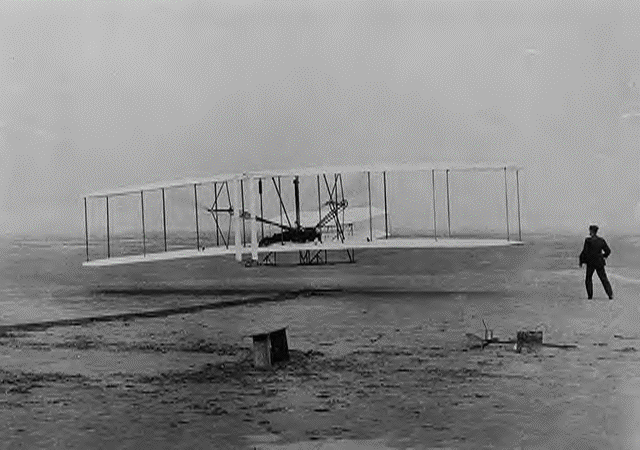
Transportation was immensely improved in the Industrial Revolution. The invention of the steam ship in the 1700s allowed people to be transported upstream. The invention of the steam locomotive in the early 1800s made the world a much smaller place. Long distances could be traveled without much effort. Another advance in transportation was the invention of the automobile by Henry Ford in the early 1900s. This freed people up to travel long distances without needing rails. All of these inventions are constantly being perfected. Nowdays we have huge cruise liners and fast cars and trains that make travel effortless.


![[Telegraph]](http://www.150.si.edu/150trav/remember/r819a.jpg)
Advances in comunication occured with the invention of the telegraph. Samuel Morse patented his telegraph in 1840. The simplicity of his system won out over other systems because of its simplicity. "Telegraphs used a fairly complicated code of dots and dashes to send messages. Although a skilled operator could typically send about 50 words per minute, the telegraph did not lend itself to use by people in their homes. But the telephone did." (Karatka)

Alexander Graham Bell patented the telephone in 1876. During the first telephone call he uttered the famous words to his assistant, "Mr. Watson -- come here -- I want to see you."(Bellis) This revolutionary device took off and is now one of the most common household items on the market. Cell phones are becoming common to all ages.

The first airplane flew on December 17, 1903 for twelve seconds. It had been built by Wilbur and Orville Wright. This invention "took off" to become the massive jets we travel in today. Now days its easy to travel around the world in a day or less thanks to the Wright brothers flying machine.

Bibliography:
1.) Rempel, Gerhard. "The Industrial Revolution." Western New England College. 14 Nov. 2007 <http://www.ecology.com/archived-links/industrial-revolution/index.html>.
2.) Bellis, Mary. "The History of the Telephone." About.com. 14 Nov. 2007 <http://inventors.about.com/library/inventors/bltelephone.htm>.
3.) "Steamboats." 14 Nov. 2007 <http://xroads.virginia.edu/~HYPER/DETOC/transport/steamboats.html>.
4.) Karwatka, Dennis. Connecting Civilization: The Growth of Communication. Ann Arbor, MI: Prakken Publications, Inc, 2003.
5.) Wormser, Richard. The Iron Horse: How the Railroads Changed America. New York: Walker Publishing Company, Inc, 1993.
6.) Ogburn, Charlton. Railroads: The Great American Adventure. Washington D.C: The National Geographic Society, 1977.
Comments (2)
jpphillers@... said
at 10:34 am on Nov 9, 2007
good work guys it looks great
keep up the good work
Anonymous said
at 2:36 am on Nov 13, 2007
hey phil we need to paraphrase the intro. otherwise we gonna fail bro
You don't have permission to comment on this page.